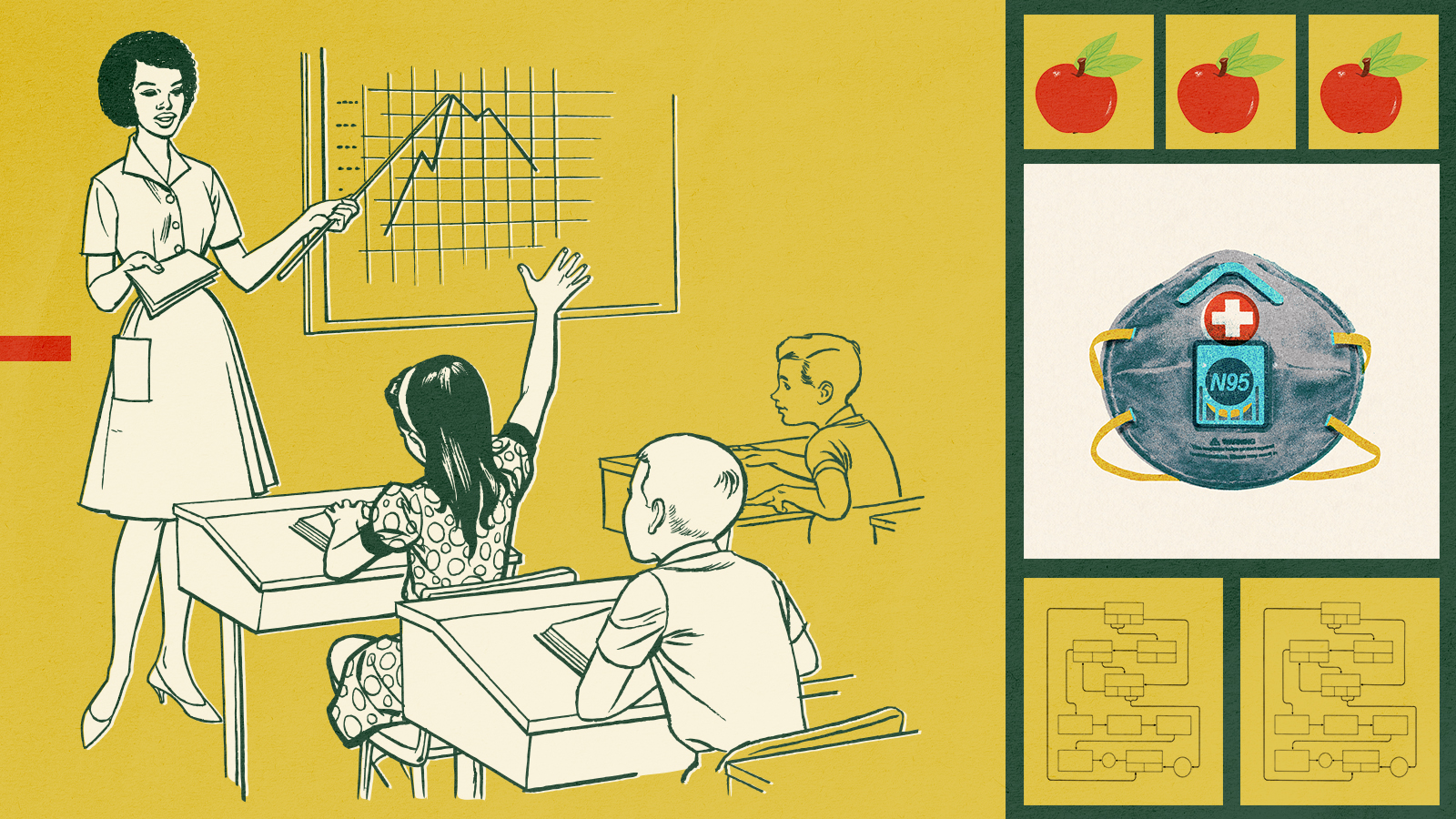Americans just want their schools left alone


A free daily email with the biggest news stories of the day – and the best features from TheWeek.com
You are now subscribed
Your newsletter sign-up was successful
Americans are exhausted by educational disruption. That's the message of a new survey by the journal Education Next. According to their poll, support for virtually every proposed innovation has dropped since 2019 (a few items were flat). That includes both highly popular measures, such as annual testing, and more controversial policies, including charter schools.
The result is understandable. After two interrupted school years, many parents are wary of further change. At the same time, confusing and ineffective responses to the pandemic have reduced confidence in some government services (the Post Office also fares worse). With some schools already struggling to provide in-person instruction when confronted with the Delta variant, bold plans seem implausible.
The temperamental conservatism on display here will be frustrating to reformers of both the the left and the right. Although respondents were not impressed by educational conditions at the national level, they tended to approve of their own local schools. That paradox is an obstacle both for efforts to commit schools to a sweeping social justice agenda and to challenge the district model that dominates K-12. The education stalemate continues.
The Week
Escape your echo chamber. Get the facts behind the news, plus analysis from multiple perspectives.

Sign up for The Week's Free Newsletters
From our morning news briefing to a weekly Good News Newsletter, get the best of The Week delivered directly to your inbox.
From our morning news briefing to a weekly Good News Newsletter, get the best of The Week delivered directly to your inbox.
A free daily email with the biggest news stories of the day – and the best features from TheWeek.com
Samuel Goldman is a national correspondent at TheWeek.com. He is also an associate professor of political science at George Washington University, where he is executive director of the John L. Loeb, Jr. Institute for Religious Freedom and director of the Politics & Values Program. He received his Ph.D. from Harvard and was a postdoctoral fellow in Religion, Ethics, & Politics at Princeton University. His books include God's Country: Christian Zionism in America (University of Pennsylvania Press, 2018) and After Nationalism (University of Pennsylvania Press, 2021). In addition to academic research, Goldman's writing has appeared in The New York Times, The Wall Street Journal, and many other publications.
